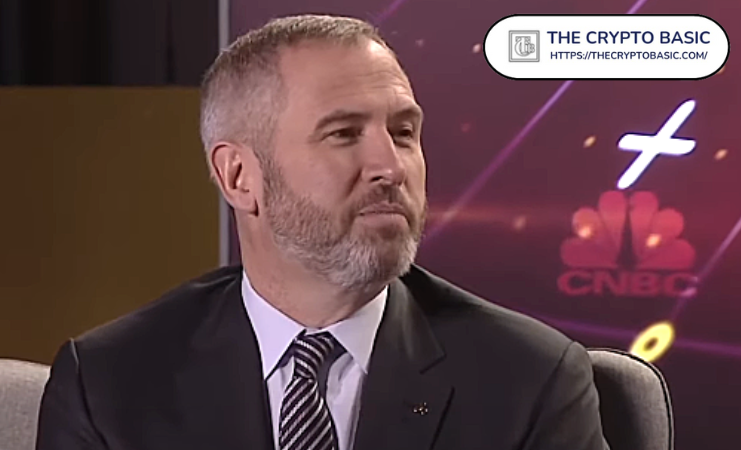Ripple CEO laments SEC’s use of Ripple transparency report against the firm; pro-XRP lawyer supports transparency efforts.
Ripple recently announced its Q2 2023 XRP Markets Report, signaling this quarter’s unique approach. The report delved into the groundbreaking court ruling and dispelled misconceptions surrounding it.
Brad Garlinghouse, the CEO of Ripple, expressed that the initial intent behind the reports was to offer voluntary updates on its XRP holdings. However, to his dismay, these reports were later utilized against Ripple in the SEC lawsuit.
We began these reports to voluntarily provide updates given our XRP holdings. Sadly, they were used against us in the SEC lawsuit – however, we remain steadfast in our commitment to transparency but I suspect they’re going to look a bit different moving forward https://t.co/oANR6WCG09
— Brad Garlinghouse (@bgarlinghouse) August 2, 2023
Despite this setback, Garlinghouse affirmed the firm’s unwavering commitment to transparency while hinting at forthcoming changes to the reports.
Pro-XRP Lawyer Reacts
In response, a prominent attorney and XRP advocate, John Deaton, echoed the sentiment that the SEC had indeed exploited Ripple’s transparency against them.
It is absolutely true that the SEC used the transparency of these reports against Ripple and its two executives. As a private company, Ripple was under no obligation to share this info. Other companies not only didn’t share token sales, but intentionally disguised those… https://t.co/mbAO6feEfW
— John E Deaton (@JohnEDeaton1) August 2, 2023
He highlighted that, as a private company, Ripple had no responsibility to disclose such information. Yet the firm chose to do so to raise the bar for transparency within the crypto industry.
However, Deaton argued that this transparency prevented the US regulator from falsely accusing Ripple of fraud, misrepresentation, or manipulation, which they might have done if the information had not been available.
Q2 2023 XRP Markets Report
Meanwhile, Ripple focused on the July court decision in the latest report capturing developments for the year’s second quarter. The firm aimed to debunk several misconceptions arising after the decision.
One such misconception is that the ruling was a split decision. Ripple contended that his point holds no water given that the firm had consistently maintained that XRP is not a security, which the US court ultimately affirmed.
Another concern addressed in the report is that the decision suggests XRP can be considered a security in certain situations and not in others. The report clarifies that XRP itself was never a security.
Quoting the court, Ripple stated that while XRP can be sold as an investment contract when paired with promises, it does not automatically transform into a security on its own.
The court statement read in part: “XRP, as a digital token, is not in and of itself … an investment contract.”
The report also refutes the notion that the ruling protects sophisticated institutions, not retail buyers. Ripple emphasized that the court’s ruling determines the reach of the SEC’s jurisdiction and the definition of securities on a transaction basis rather than the parties involved.
DisClamier: This content is informational and should not be considered financial advice. The views expressed in this article may include the author's personal opinions and do not reflect The Crypto Basic opinion. Readers are encouraged to do thorough research before making any investment decisions. The Crypto Basic is not responsible for any financial losses.



